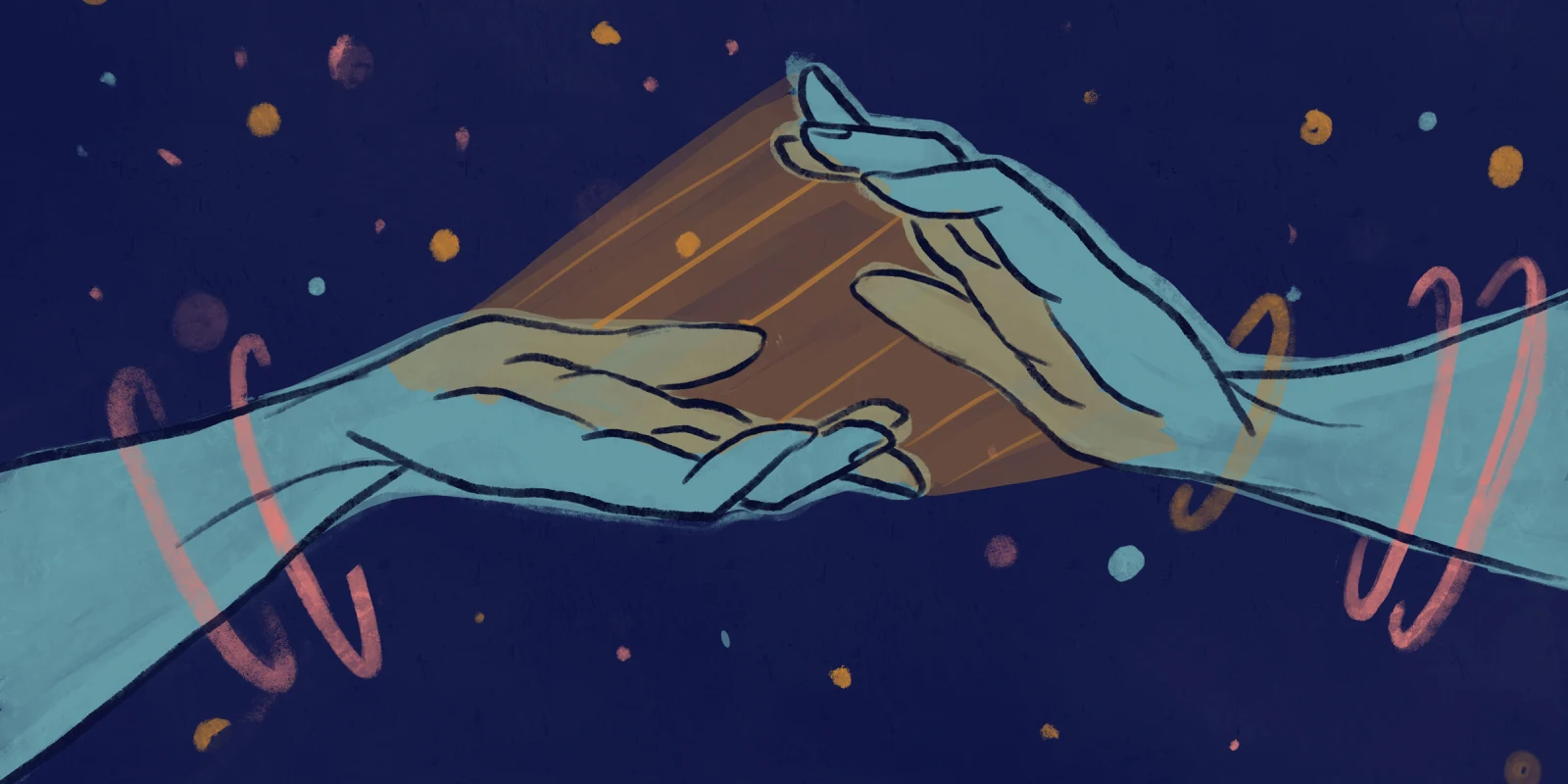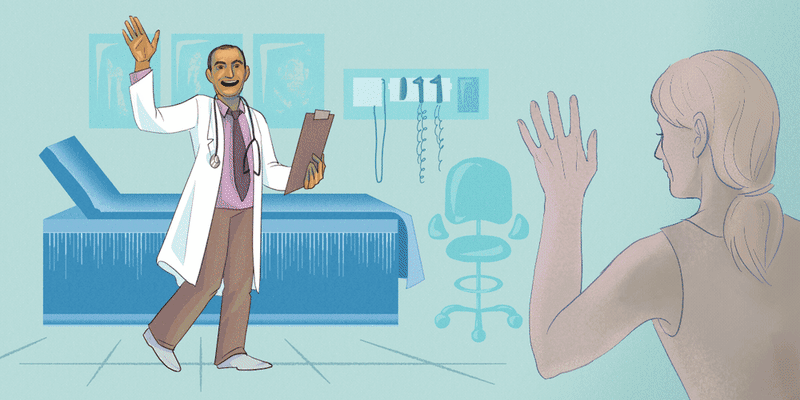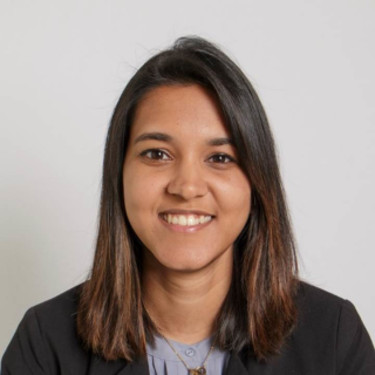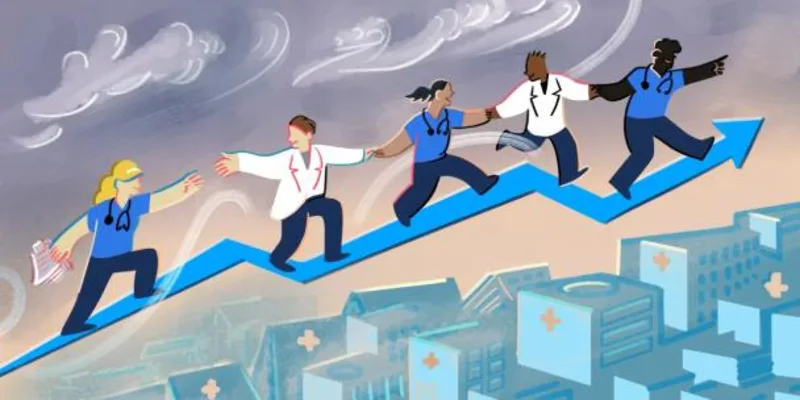There is nothing quite like the shrill beep of the pager. The sound of a pager trilling in a cafeteria or hospital workroom sends any nearby resident reaching reflexively for their hip. Even on my days off, similar sounds in my house or on the street cause a noticeable spike in my heart rate.
At one of the three hospitals I cover as a resident, the page is almost always the same number, the page line. “Thank you for calling the University of Miami Health System. This is _________ speaking. How may I help you?” I have heard the script dozens of times on each of my days carrying a pager and hundreds of times over the course of a year. By now, I can often identify name of the pager operator before they get to the word “Miami.” I’ve called most of them more times than a college freshman calls home.
One particular page operator, I’ll call her L, was working on one of my hardest call days. I have written previously about how challenging and lonely call can be. On this call shift, I had received over a dozen consults, and spent what seemed like the entire day and night running between ERs and patient rooms, calling consults for my floor patients and answering pages in between. At what seemed like the 100th page in an hour, I was overwhelmed and on the verge of breaking down. The page operator could hear my distress, despite my attempts at a professional tone. Breaking her script, she asked, “Allison, are you OK?” In what was possibly an unprofessional display of honesty, I answered, voice cracking, “You know, it’s just been a really tough night.” Before connecting me to the paging team, she told me to take a few deep breaths and hang in there. It wasn’t much, but it was enough to reset and propel me forward into another consult.
Days later, L answered the phone again. Hearing my script, “Hi, L. This is Allison with ENT returning a page,” her voice softened from the practiced customer-service tone.
“Hey, Allison! How are you doing? Is today any better?” Since then, I have broken into a smile every time I recognize her voice on the other end of the line. In the hospital, caregiver empathy is often exhausted in interactions with the patients and their families, leaving little left for the other physicians, nurses, technicians, and staff that make up the care teams. On call, especially overnight, you are alone. Family, friends, and coworkers are all asleep; your call back-up is available, but only for emergencies. Interactions with other clinicians, nurses, and patients are defined by practiced, leave-your-emotions-at-the-door professionalism. That night, L saw me as a human first. For just a moment, she made me feel a little less alone, and set me back on track to finish my work.
Scripts can be very valuable. They help us maintain a level of professionalism, clarity, and standardization in patient care, but they can also serve as barriers, blocking the ability to recognize emotion or build rapport. L is undoubtedly my favorite page operator, but there are so many others who have laughed at my jokes and comments, or commiserated when a patient paged at 3 a.m. to clarify their appointment time for the next week. Throughout my residency, some of my most powerful patient connections and strongest bonds with nurses or other team members have been forged outside of the professional script when I have stopped to laugh or cry, to listen to patients complain about their spouses or share funny photos of their pets.
Many doctors and nurses probably associate page operators with the stress and frustration of paging and being paged, and most patients are probably completely unaware that page operators exist at all. At this point in my training, many of the page operators have become a touchstone of humanity inside the hospital for me. In a space where everyone operates on a script, there is so much freedom in having a few moments to be a person, to admit weakness, and to recognize emotions.
Is there a time a colleague helped you through a tough moment at work? Share in the comments.
Dr. Allison Oliva is an Otolaryngology resident in Miami, FL. When she’s not at work, she enjoys walking along the water with her fiancé, drinking coffee, reading, and watching Miami Hurricanes football. Dr. Oliva is a 2024–2025 Doximity Op-Med Fellow.
Image by J_art / Getty







